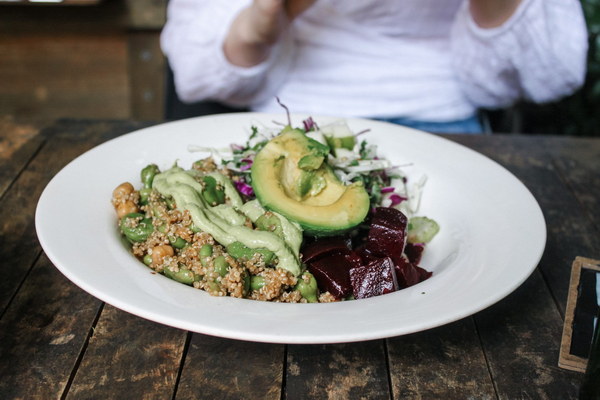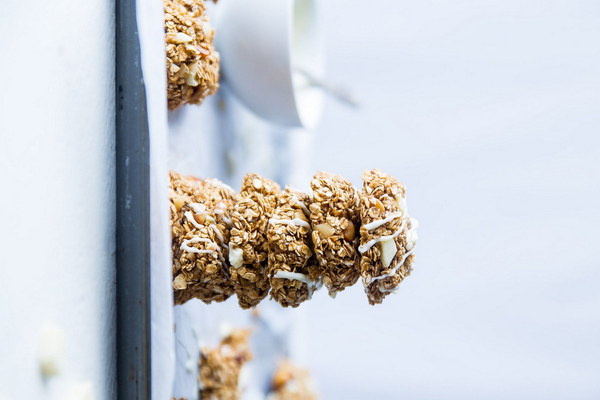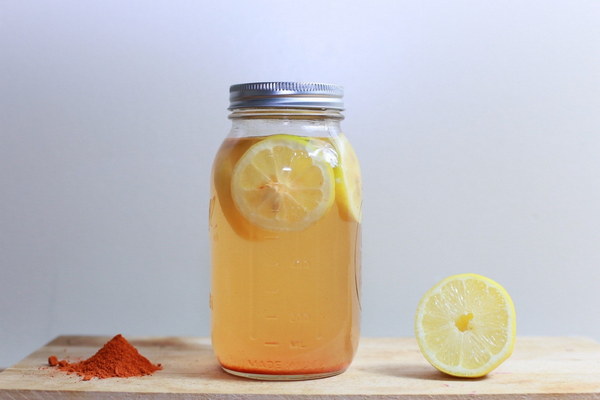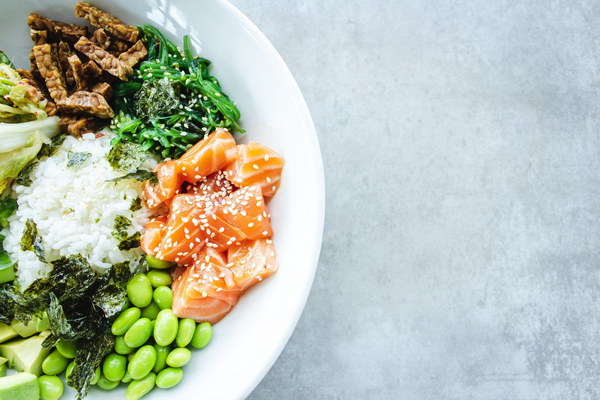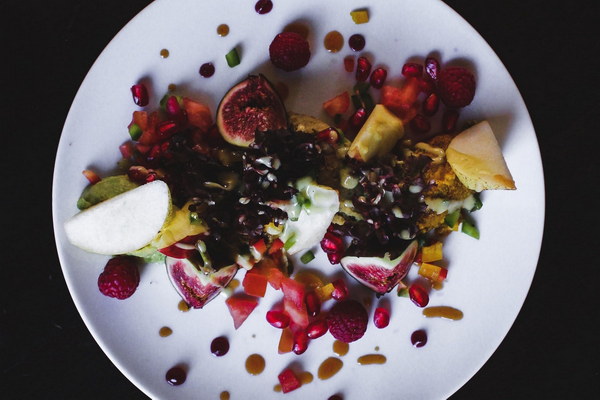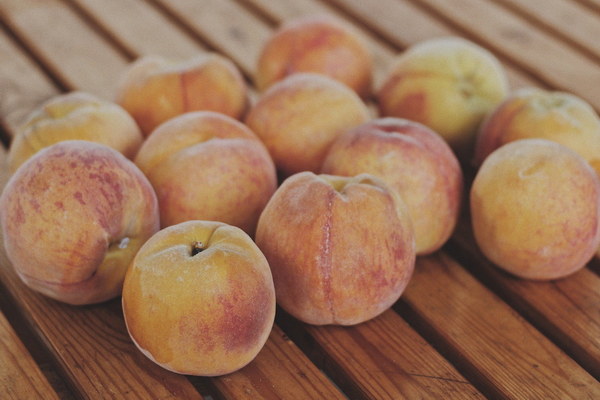Nourish Your Joints A Guide to Joint Injury Nutrition
Joint injuries can be quite painful and can significantly impact one's quality of life. While medical treatments and physical therapy play a crucial role in the recovery process, nutrition also plays an essential role. The right foods can help reduce inflammation, aid in healing, and strengthen the joints. This article will provide a comprehensive guide to joint injury nutrition, helping you make informed choices to support your recovery.
1. Omega-3 Fatty Acids
Omega-3 fatty acids are well-known for their anti-inflammatory properties. They can help reduce joint pain and inflammation caused by joint injuries. Foods rich in omega-3s include:
- Fish: Salmon, mackerel, sardines, and trout are great sources of omega-3s.
- Flaxseeds: Add ground flaxseeds to smoothies, oatmeal, or salads for a boost of omega-3s.
- Chia seeds: Similar to flaxseeds, chia seeds are an excellent source of omega-3s and can be sprinkled on yogurt, salads, or smoothies.
- Walnuts: These nuts are packed with omega-3s and can be a healthy addition to your diet.
2. Vitamin D
Vitamin D plays a crucial role in bone health and can aid in the healing process of joint injuries. Foods rich in vitamin D include:
- Fatty fish: Cod, salmon, and mackerel are excellent sources of vitamin D.
- Fortified milk: Look for milk that has been fortified with vitamin D.
- Egg yolks: One egg yolk contains about 40% of the recommended daily value of vitamin D.
- Mushrooms: Certain mushrooms, like maitake and shiitake, are naturally high in vitamin D.
3. Calcium
Calcium is essential for bone health and can help prevent further joint injuries. Foods rich in calcium include:
- Dairy products: Milk, cheese, and yogurt are great sources of calcium.
- Leafy greens: Spinach, kale, and collard greens are rich in calcium and can be added to salads or smoothies.
- Almonds: Almonds are a good source of calcium and can be enjoyed as a snack or added to recipes.
- Tofu: Made from soybeans, tofu is a versatile and calcium-rich food that can be used in a variety of dishes.
4. Vitamin C
Vitamin C is a powerful antioxidant that can help reduce inflammation and support the immune system. Foods rich in vitamin C include:
- Berries: Strawberries, blueberries, raspberries, and blackberries are all high in vitamin C.
- Citrus fruits: Oranges, grapefruits, lemons, and limes are excellent sources of vitamin C.
- Vegetables: Broccoli, bell peppers, and leafy greens are rich in vitamin C.

- Peppers: Sweet and hot peppers are high in vitamin C and can be added to a variety of dishes.
5. Curcumin
Curcumin, a compound found in turmeric, has powerful anti-inflammatory properties. It can help reduce joint pain and inflammation. Foods rich in curcumin include:
- Turmeric: Add turmeric to your curries, soups, or smoothies for a flavorful and healthful boost.
- Mustard seeds: Mustard seeds contain a small amount of curcumin and can be used in various dishes.
- Grains: Some grains, like quinoa and oats, contain a small amount of curcumin.
6. Glucosamine and Chondroitin
Glucosamine and chondroitin are compounds that can help support joint health and reduce inflammation. While they are not foods, they can be found in supplement form. Consult with your healthcare provider before starting any supplement regimen.
In conclusion, proper nutrition is an essential component of joint injury recovery. By incorporating these nutrient-rich foods into your diet, you can help reduce inflammation, aid in healing, and strengthen your joints. Remember, it's important to consult with a healthcare provider before making significant changes to your diet or starting any supplement regimen. With the right nutrition, you can support your recovery and improve your overall well-being.

